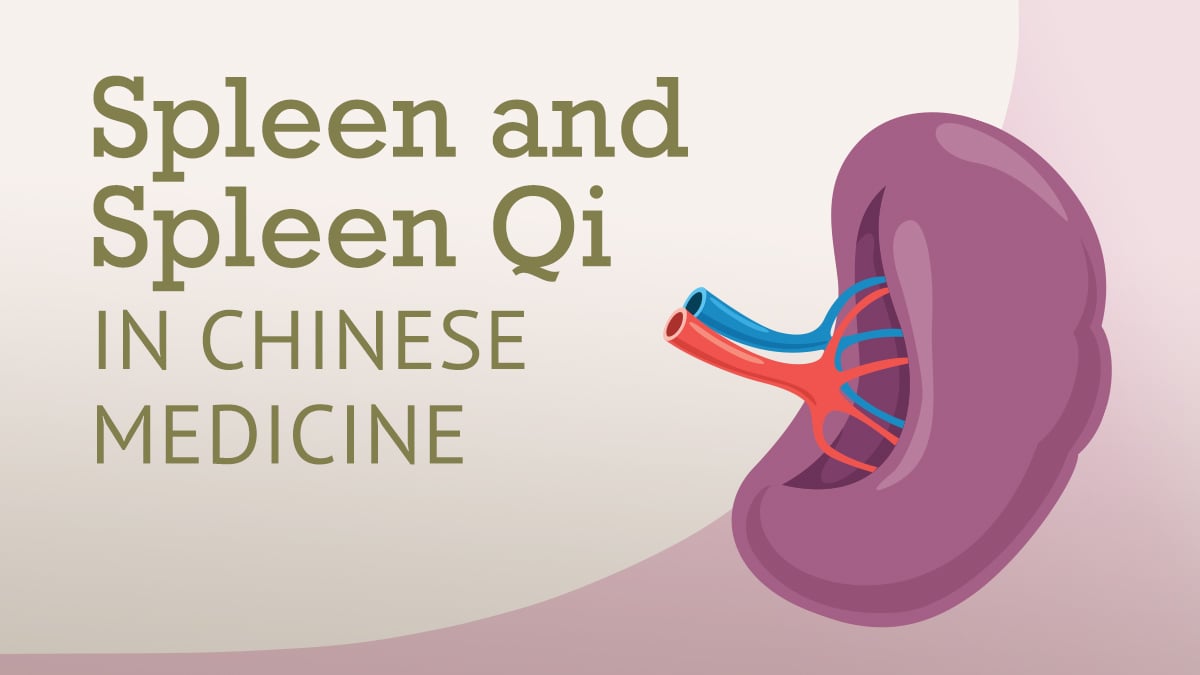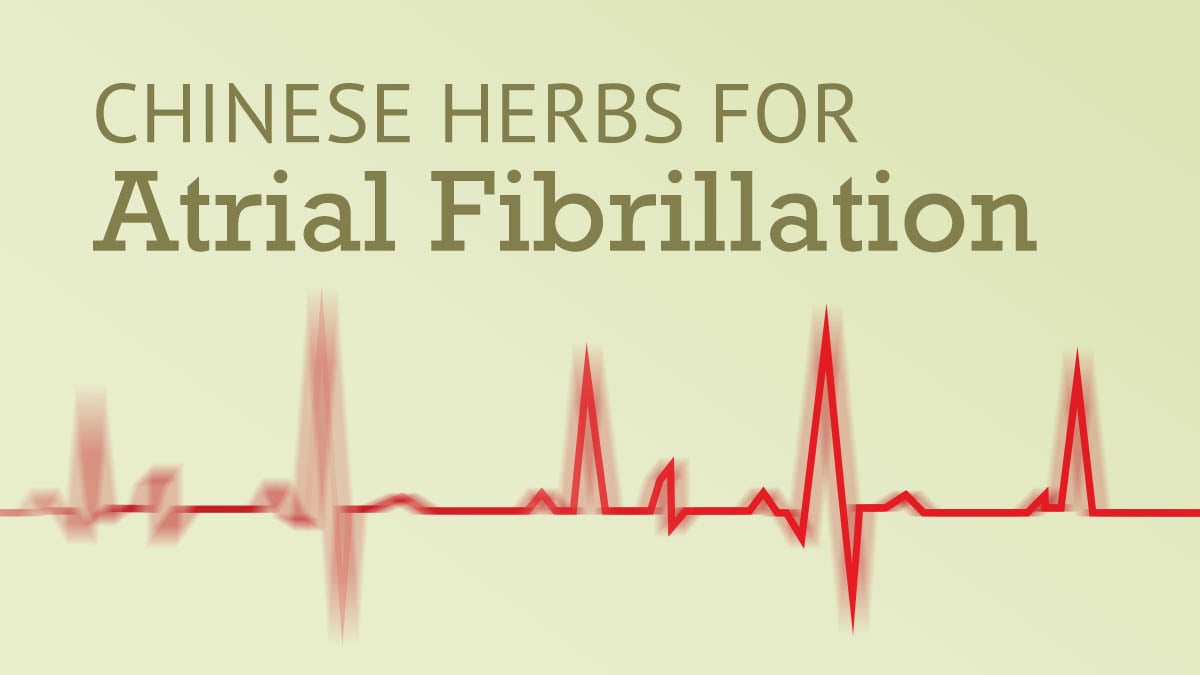Your cart is currently empty!
Lei Gong Teng
English Name: tripterygium, common broad lily root
Literal Translation: “thunder god vine”
Pharmaceutical Name: Radix Tripterygii Wilfordii
Medica Category: Wind Damp Dispelling Herbs – Pain Relieving Herbs
Properties: Lei Gong Teng enters the Liver channel; it is bitter and acrid in nature and cool in temperature.
What is Lei Gong Teng?:
The Chinese Herb Lei Gong Teng is the inner, dried root of the thunder god vine (Tripterygii Wilfordii Hook. F.), a perennial grown in China and Taiwan. It has been used for hundreds of years in traditional Chinese medicine to treat swelling caused by inflammation. But it does have significant toxicity and must be used carefully and in consult with a trained health care practitioner (see **safety note).
Traditional Chinese Medicine (TCM) Therapeutic Actions of Lei Gong Teng:
Lei Gong Teng dispels wind and dampness and is useful in addressing pain and inflammation associated with rheumatoid arthritis, various manifestations of bi zheng (painful obstruction syndrome), and bone spurs.
Lei Gong Teng kills parasites and eliminates toxins and is used topically to treat maggot-infested wounds as well as rat and snake bites that present toxicity signs.
**safety note: Lei Gong Teng is toxic (Dr. Joel Penner of American Dragon considered the herb “obsolete”) and should be used with thought and care, ideally prescribed by someone experienced in TCM. It is contraindicated in pregnancy, and for patients with pre-existing and/or compromised hepatic and/or cardio-vascular functioning. It should also be used with care in geriatric and pediatric applications.
Proper dosing is also key—5 to 12 grams is the dosage range recommended in Chen and Chen (not to exceed 15 g.).
Sourcing of this herb and its extracts is also to be done with care. Properly prepared its toxicity can be reduced: the root bark should first be peeled and discarded before drying and slicing. When decocting, the (peeled) root should be boiled by itself for at least one hour before other herbs are added and then decocted another 15 minutes to further reduce toxicity. Therefore, it important to know your suppliers/work in consult with someone who does if you are a non-professional/consumer thinking of purchasing and using this herb.
In cases of overdose, adverse reactions generally occur within 2-3 hours and present with a panoply of symptoms such as abdominal pain and diarrhea to headaches, fever, and vomiting (not an exhaustive list). Early overdose is treated with emetic methods or gastric lavage (to eliminate the toxins from the body) while systemic overdose is generally treated with Feng Wei Cao or San Qi.



